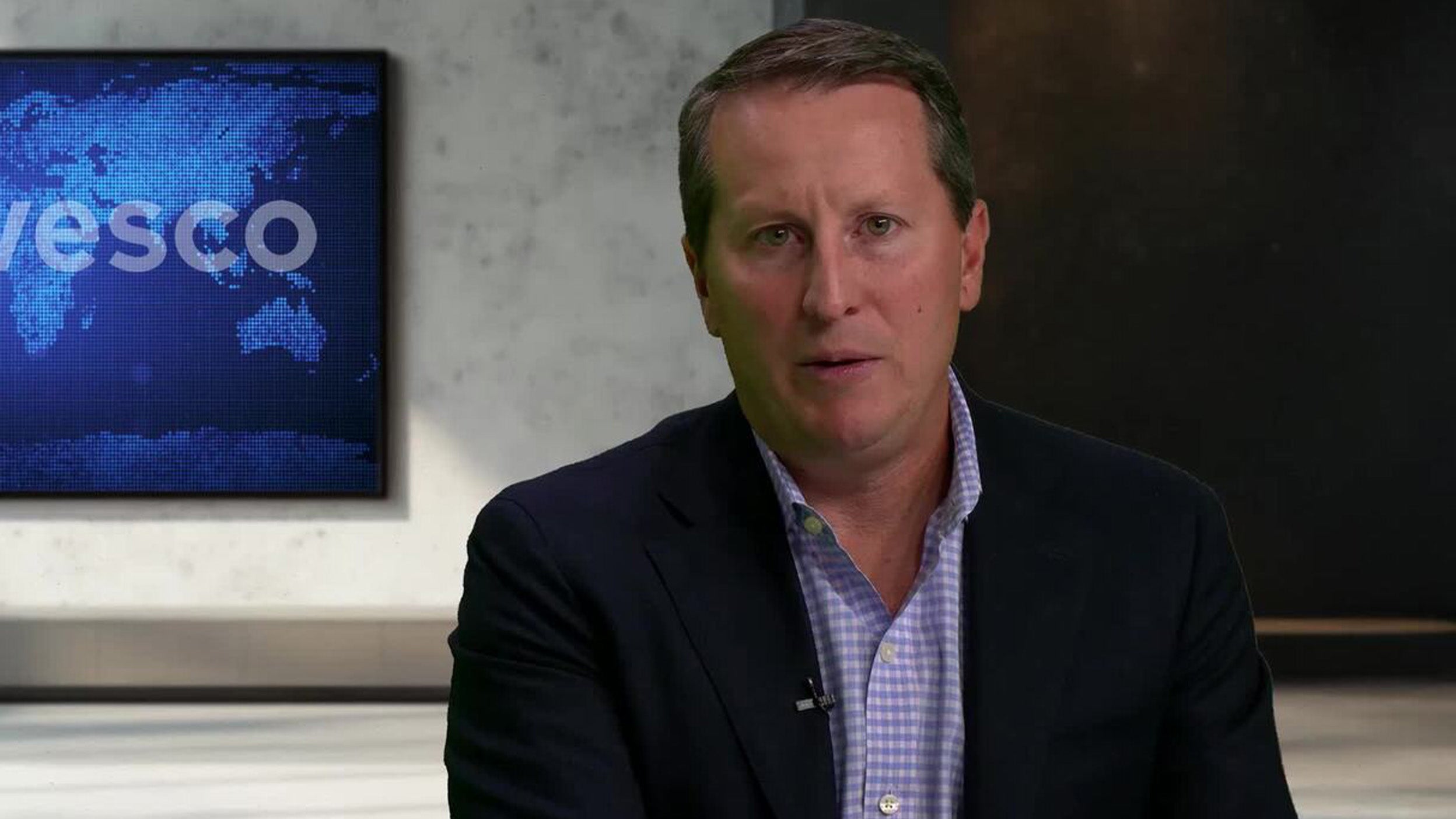
ETF Investing with the fear factor
Tariff, trade war, and market volatility headlines can make investors fearful. It's unsettling, but fear can also create opportunities.

Because of the performance of equities over the last 30 years, many fixed income managers have added them to their portfolios to help boost returns. But that adds two potential risks — high volatility and large drawdowns. By using equity options, managers can take advantage of unconstrained upside of equity participation, while the maximum loss is fixed at the coupon amount used to purchase the options, no matter how much equity markets fall. This can be an appealing risk-return tradeoff.
Learn more about equity options in our Investment Insights, including:

Tariff, trade war, and market volatility headlines can make investors fearful. It's unsettling, but fear can also create opportunities.

Get an analysis of important drivers of global fixed income markets, including macroeconomic trends, interest rates, currencies, and credit, in our monthly global strategy report.

Learn how the Invesco Fixed Income team leverages active strategies to navigate risks, capitalize on credit opportunities, and deliver better outcomes.
Important information
NA4039399
The value of investments and any income will fluctuate (this may partly be the result of exchange rate fluctuations) and investors may not get back the full amount invested.
Fixed-income investments are subject to credit risk of the issuer and the effects of changing interest rates. Interest rate risk refers to the risk that bond prices generally fall as interest rates rise and vice versa. An issuer may be unable to meet interest and/or principal payments, thereby causing its instruments to decrease in value and lowering the issuer’s credit rating.
A decision as to whether, when and how to use options involves the exercise of skill and judgment and even a well conceived option transaction may be unsuccessful because of market behavior or unexpected events. The prices of options can be highly volatile and the use of options can lower total returns.
Non-investment grade bonds, also called high yield bonds or junk bonds, pay higher yields but also carry more risk and a lower credit rating than an investment grade bond. The risks of investing in securities of foreign issuers, including emerging market issuers, can include fluctuations in foreign currencies, political and economic instability, and foreign taxation issues.
The performance of an investment concentrated in issuers of a certain region or country is expected to be closely tied to conditions within that region and to be more volatile than more geographically diversified investments.
This link takes you to a site not affiliated with Invesco. The site is for informational purposes only. Invesco does not guarantee nor take any responsibility for any of the content.